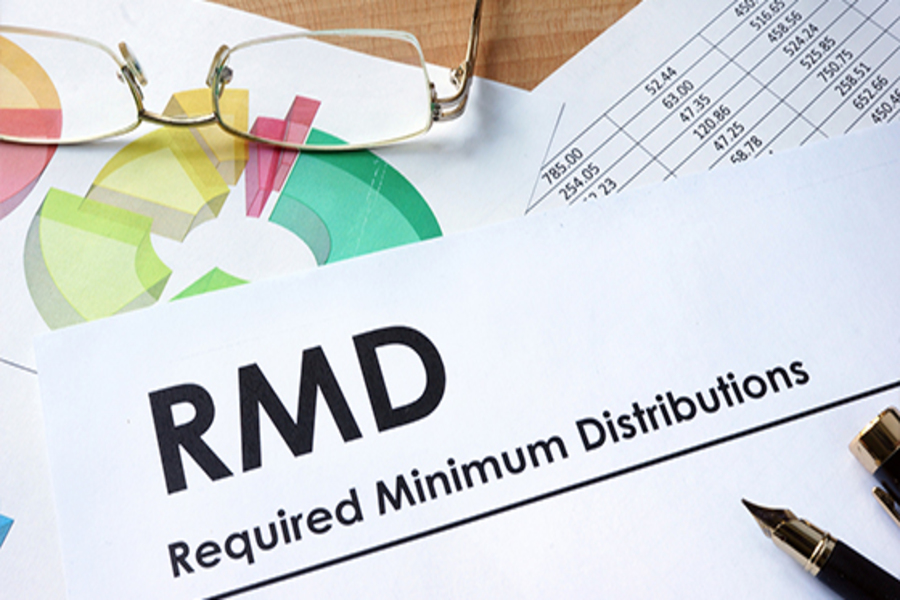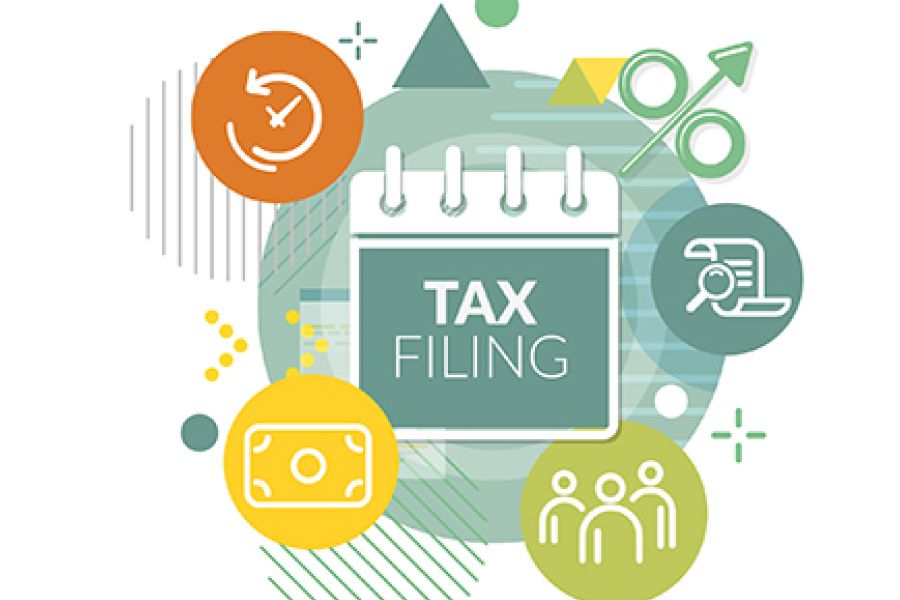If you’re approaching retirement, you probably want to ensure the money you’ve saved in retirement plans lasts as long as possible. If so, be aware that a law was recently enacted that makes significant changes to retirement accounts. The SECURE Act, which was signed into law in late 2019, made a number of changes of interest to those nearing retirement. You can keep making traditional IRA contributions if you’re still working Before 2020, traditional IRA contributions weren’t allowed once you reached age 70½. But now, an individual of any age can make contributions to a traditional IRA, as long as he or she has compensation, which generally means earned income from wages or self-employment. So if you work part time after retiring, or do some work as...

The American Rescue Plan Act, signed into law on March 11, provides a variety of tax and financial relief to help mitigate the effects of the COVID-19 pandemic. Among the many initiatives are direct payments that will be made to eligible individuals. And parents under certain income thresholds will also receive additional payments in the coming months through a greatly revised Child Tax Credit. Here are some answers to questions about these payments. What are the two types of payments? Under the new law, eligible individuals will receive advance direct payments of a tax credit. The law calls these payments “recovery rebates.” The law also includes advance Child Tax Credit payments to eligible parents later this year. How much are the recovery rebates? An eligible individual is allowed a 2021...
If you’re getting ready to file your 2020 tax return, and your tax bill is higher than you’d like, there might still be an opportunity to lower it. If you qualify, you can make a deductible contribution to a traditional IRA right up until the April 15, 2021 filing date and benefit from the tax savings on your 2020 return. Who is eligible? You can make a deductible contribution to a traditional IRA if: You (and your spouse) aren’t an active participant in an employer-sponsored retirement plan, or You (or your spouse) are an active participant in an employer plan, but your modified adjusted gross income (AGI) doesn’t exceed certain levels that vary from year-to-year by filing status. For 2020, if you’re a joint tax return filer and...
If you’re like many Americans, letters from your favorite charities may be appearing in your mailbox acknowledging your 2020 donations. But what happens if you haven’t received such a letter — can you still claim a deduction for the gift on your 2020 income tax return? It depends. What is required To support a charitable deduction, you need to comply with IRS substantiation requirements. This generally includes obtaining a contemporaneous written acknowledgment from the charity stating the amount of the donation, whether you received any goods or services in consideration for the donation and the value of any such goods or services. “Contemporaneous” means the earlier of: The date you file your tax return, or The extended due date of your return. So if you made a donation in...
Many people are more concerned about their 2020 tax bills right now than they are about their 2021 tax situations. That’s understandable because your 2020 individual tax return is due to be filed in less than two months (unless you file an extension). However, it’s a good idea to acquaint yourself with tax-related limits affecting individuals that may have changed for 2021. Below are some Q&As about tax amounts for this year. Be aware that not all tax figures are adjusted annually for inflation and even if they are, they may be unchanged or change only slightly due to low inflation. In addition, some amounts only change with new legislation. How much can I contribute to an IRA for 2021? If you’re eligible, you can contribute $6,000 a...
Although electric vehicles (or EVs) are a small percentage of the cars on the road today, they’re increasing in popularity all the time. And if you're buying an electric vehicle, you may be eligible for a federal tax break. The tax code provides a credit to purchasers of qualifying plug-in electric drive motor vehicles including passenger vehicles and light trucks. The credit is equal to $2,500 plus an additional amount, based on battery capacity, that can’t exceed $5,000. Therefore, the maximum credit allowed for a qualifying EV is $7,500. The EV definition For purposes of the tax credit, a qualifying vehicle is defined as one with four wheels that’s propelled to a significant extent by an electric motor, which draws electricity from a battery. The battery must have...
If you have a traditional IRA or tax-deferred retirement plan account, you probably know that taking required minimum distributions (RMDs) is mandatory when you reach a certain age — or you’ll be penalized. The CARES Act, which passed last March, allowed people to skip taking these withdrawals in 2020 but now that we’re in 2021, RMDs must be taken again. The basics Once you attain age 72 (or age 70½ before 2020), you must begin taking RMDs from your traditional IRAs and certain retirement accounts, including 401(k) plans. In general, RMDs are calculated using life expectancy tables published by the IRS. If you don’t withdraw the minimum amount each year, you may have to pay a 50% penalty tax on what you should have taken out —...
Attending college is one of the biggest investments that parents and students ever make. If you or your child (or grandchild) attends (or plans to attend) an institution of higher learning, you may be eligible for tax breaks to help foot the bill. The Consolidated Appropriations Act, which was enacted recently, contains some revised tax benefits for higher education. Here’s a rundown of what has changed. Deductions vs. credits Before the new law, there were tax breaks available for qualified education expenses including the: Tuition and Fees Deduction, Lifetime Learning Credit, and American Opportunity Tax Credit Tax credits are generally better than tax deductions. The difference? A tax deduction reduces your taxable income while a tax credit reduces the amount of taxes you owe on a dollar-for-dollar basis. First, let’s...
The IRS opened the 2020 individual income tax return filing season on February 12. (This is later than in past years because of a new law that was enacted late in December.) Even if you typically don’t file until much closer to the April 15 deadline (or you file for an extension), consider filing earlier this year. Why? You can potentially protect yourself from tax identity theft — and there may be other benefits, too. How is a person’s tax identity stolen? In a tax identity theft scheme, a thief uses another individual’s personal information to file a fraudulent tax return early in the filing season and claim a bogus refund. The real taxpayer discovers the fraud when he or she files a return and is told by...
When it comes to taxes, December 31 is more than just New Year’s Eve. That date will affect the filing status box that will be checked on your 2020 tax return. When filing a return, you do so with one of five tax filing statuses. In part, they depend on whether you’re married or unmarried on December 31. More than one filing status may apply, and you can use the one that saves the most tax. It’s also possible that your status could change during the year. Here are the filing statuses and who can claim them: Single. This is generally used if you’re unmarried, divorced or legally separated under a divorce or separate maintenance decree governed by state law. Married filing jointly. If you’re married, you can...











